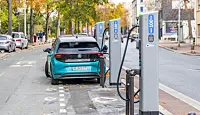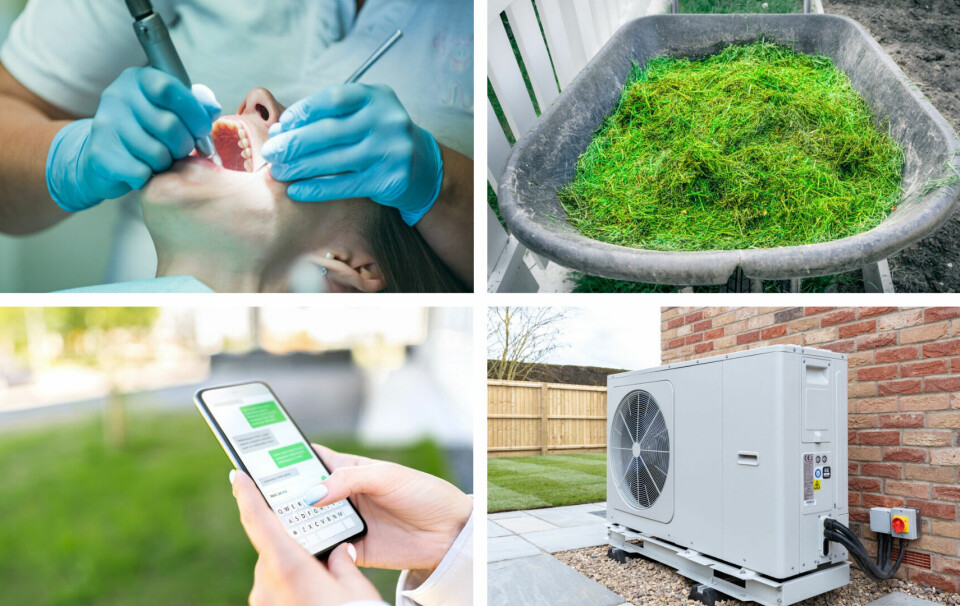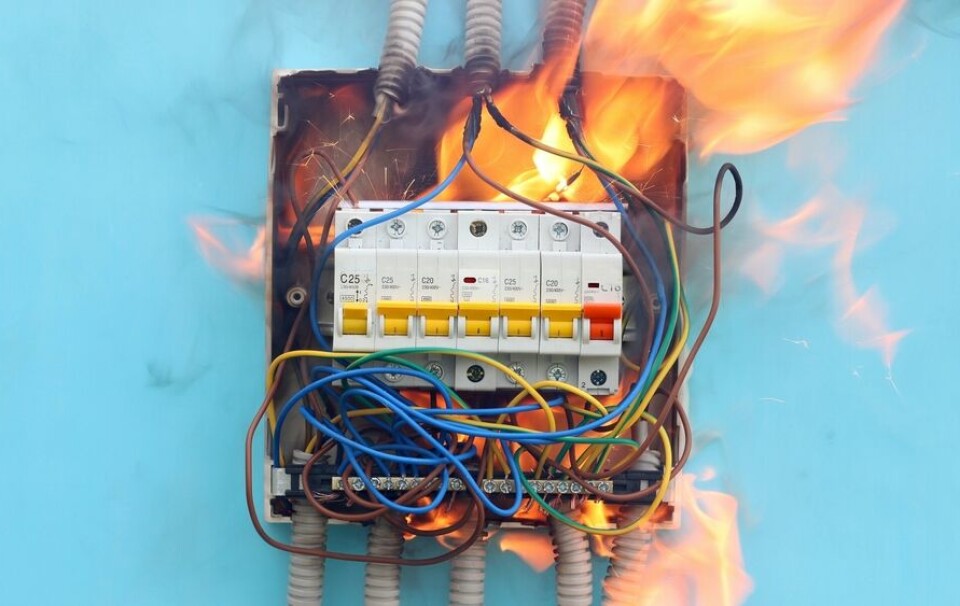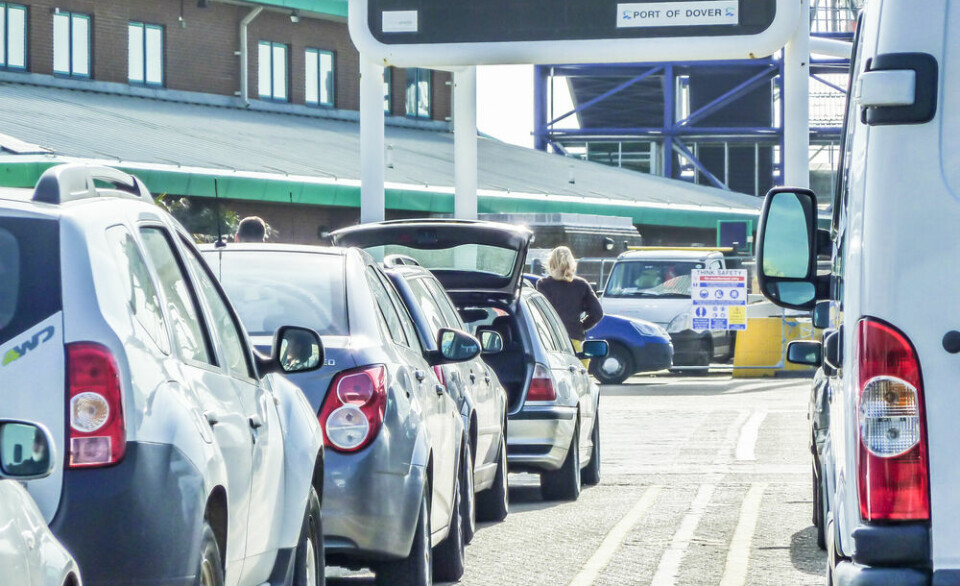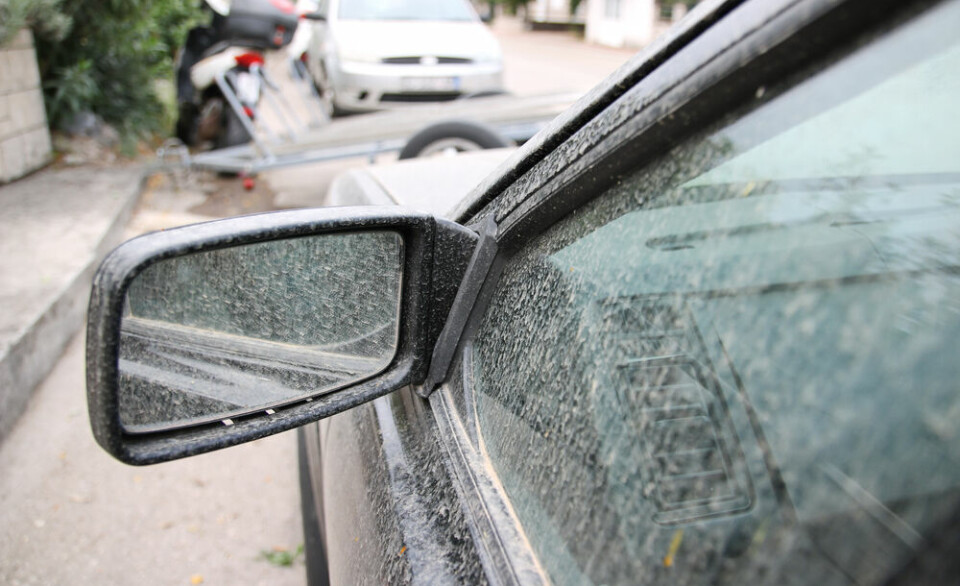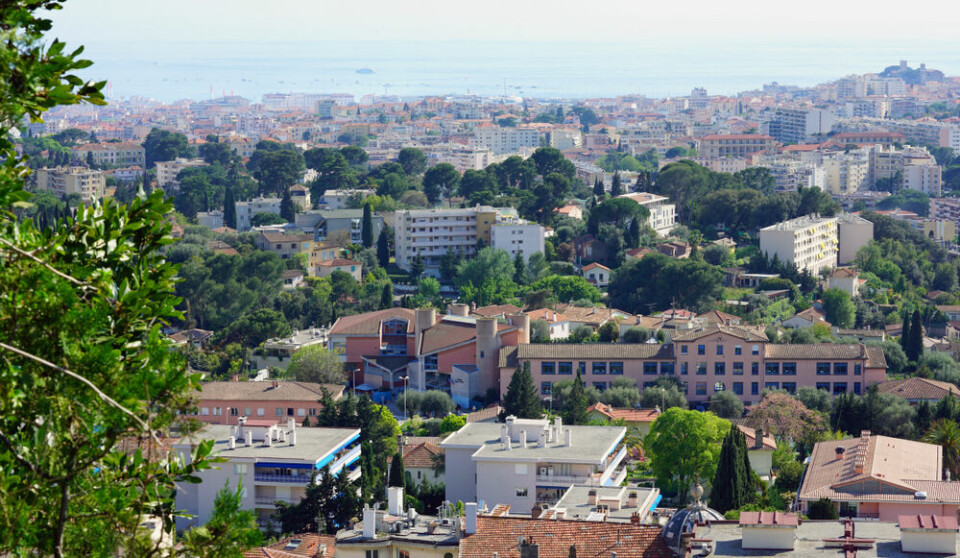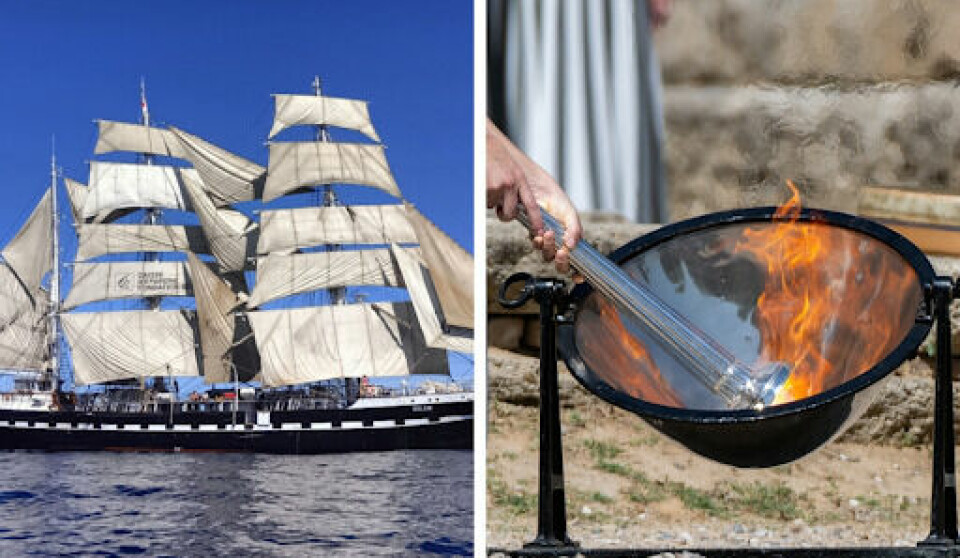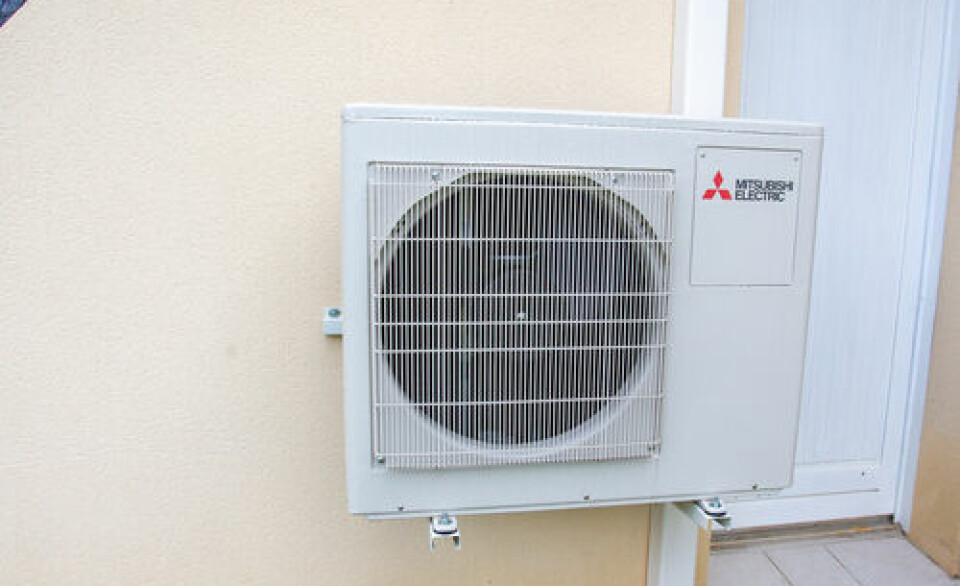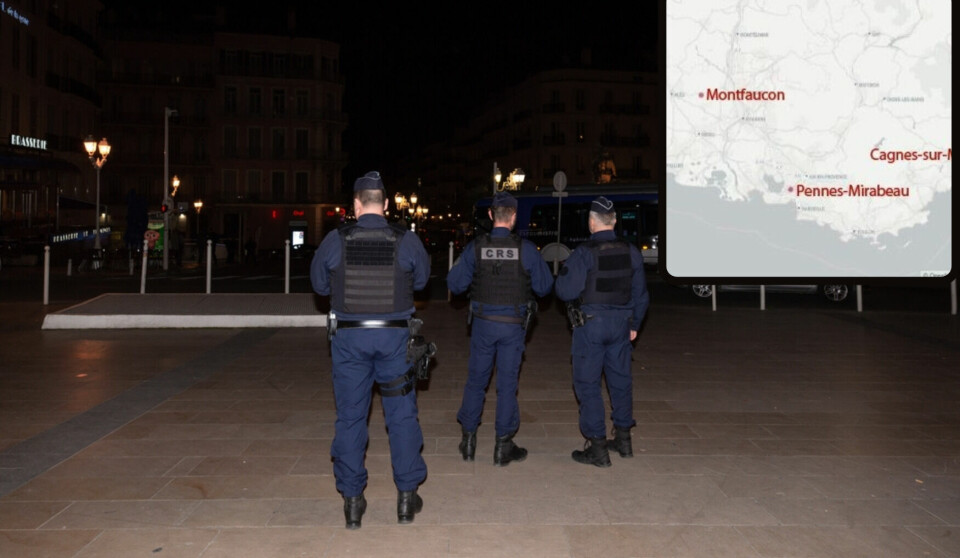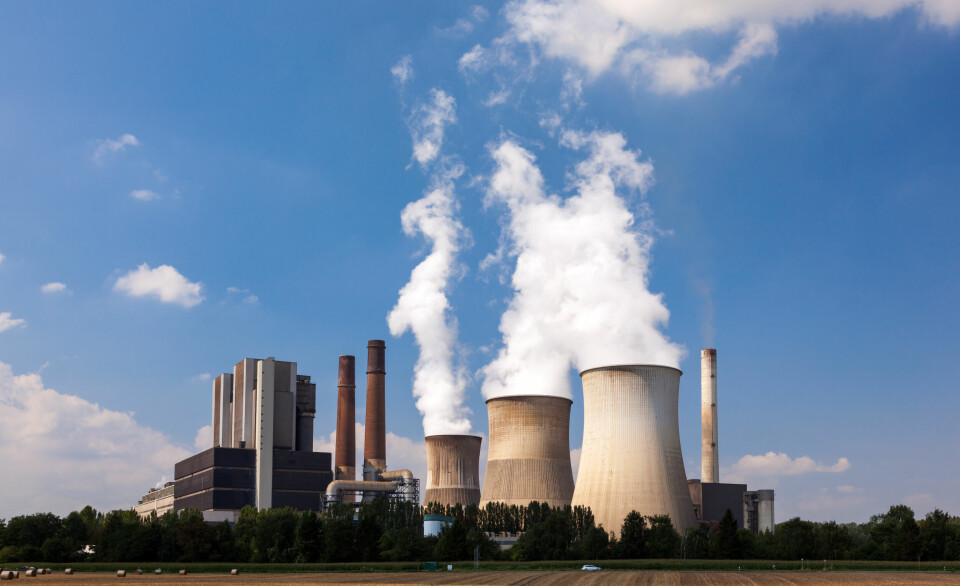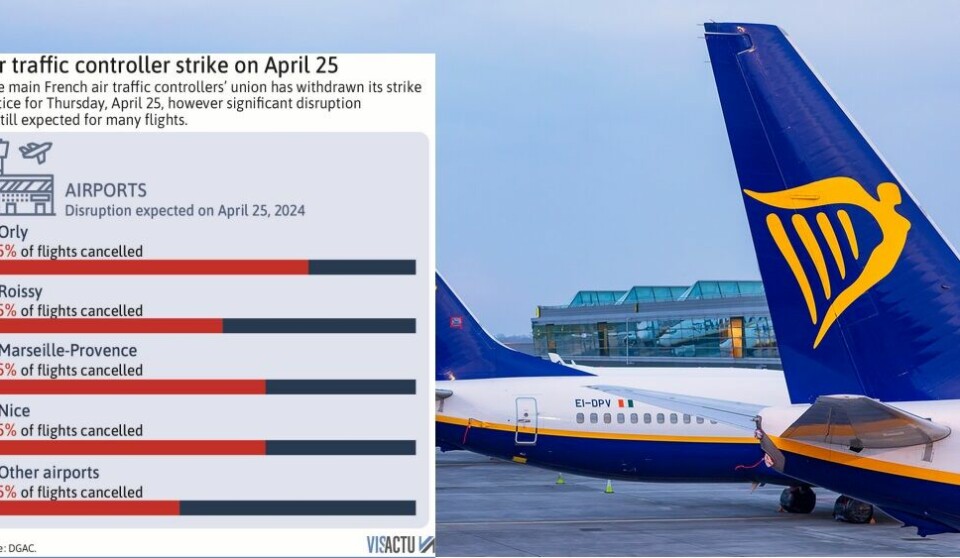-
New rules are killing off older cars unable to adapt in France
EU safety regulations include a range of high-end technological updates that older models may not be able to satisfy
-
Electric cars: Pros and cons of owning one in France
EVs represented one fifth of sales in November and December
-
Where in France is it cheapest to repair a car?
10 departments come in well under the national average
Low-emission cars also caught in CO2 tax rise
Taxes on CO2 emitting vehicles are due to get tougher in the new year with higher penalties for drivers buying new vehicles – in some cases quadruple what they would have paid this year.

However, buyers of relatively low emission vehicles will be disproportionately harder hit as the government lowered the minimum limit for the tax.
Today, the tax penalty starts at 127g/km (which means an extra €50 on the carte grise cost) but in 2018 the €50 penalty starts at 121g/km – and a car rated ‘clean’ at 126g/km this year will pay €140 in 2018.
The maximum penalty for the heaviest emitting vehicles only rises from €10,000 to €10,500 but now comes in at 185g/km instead of 191g/km. A car rated 185g/km this year pays €8,460 and next year will pay €10,500.
Secondhand cars face a different tax, the taxe CO₂. This is paid at €2 per gram on cars rated over 200g/km and €4/g above 250g/km. It is included in the selling garage’s bill if it organises the new carte grise.
Buyers of electric cars will still get the €6,000 grant for purchase but the €1,000 grant for buyers of hybrids is stopped – as is the grant of up to €200 for buying an electric bicycle.
Anyone eyeing a 184g/km- rated Porsche Panamera 4S will save more than €2,000 by buying it this year... although it does cost €118,000. A cheaper 129g/km-rated Citroën DS3 Cabrio THP costs €70 in tax this year but €253 in 2018.
The subsidy for people scrapping an old diesel to buy a less polluting or electric car will no longer be only for low-income families. Open to all next year, it offers €2,500 for a new electric car, €1,000 for a secondhand one, and €1,000 for a hybrid or rated Crit’air 1 or 2.
Toulouse is the latest city to apply Crit’air pollution rules. It joins Paris and suburbs, Lyon, Lille, Grenoble and Strasbourg. Costing €4.18, order a sticker at certificat-air.gouv.fr It is not obligatory, but non-use may lead to a fine in these cities.

